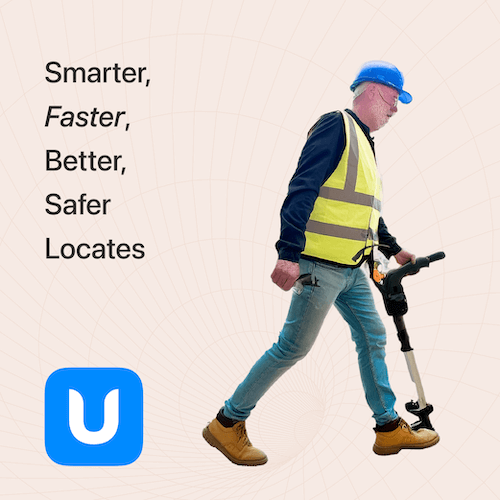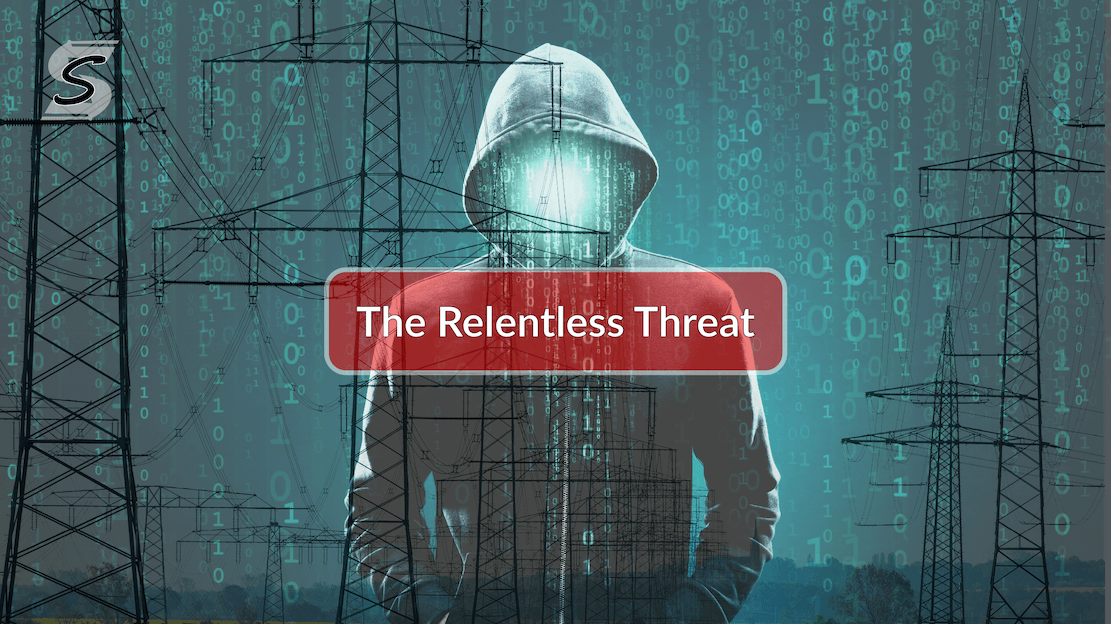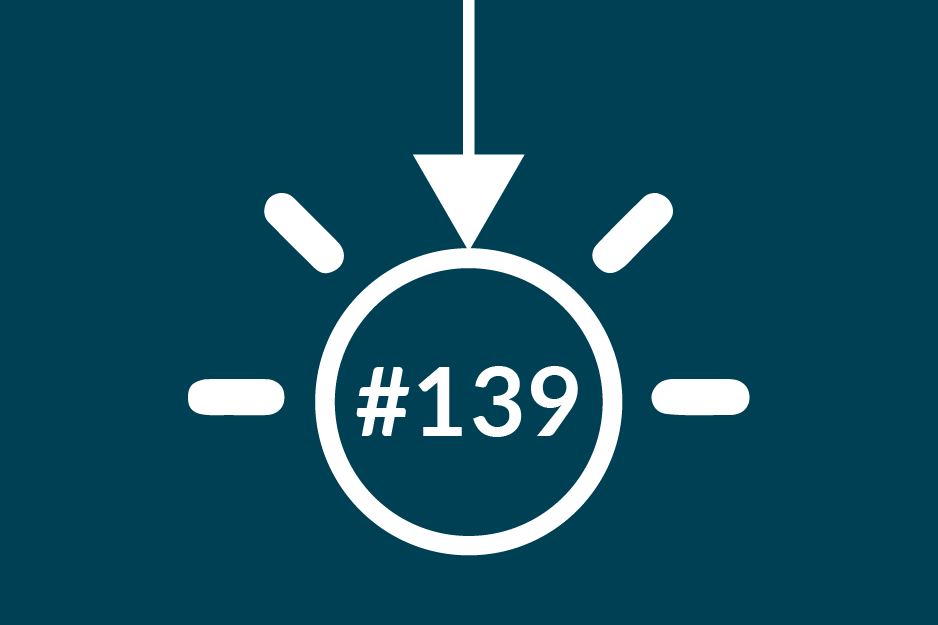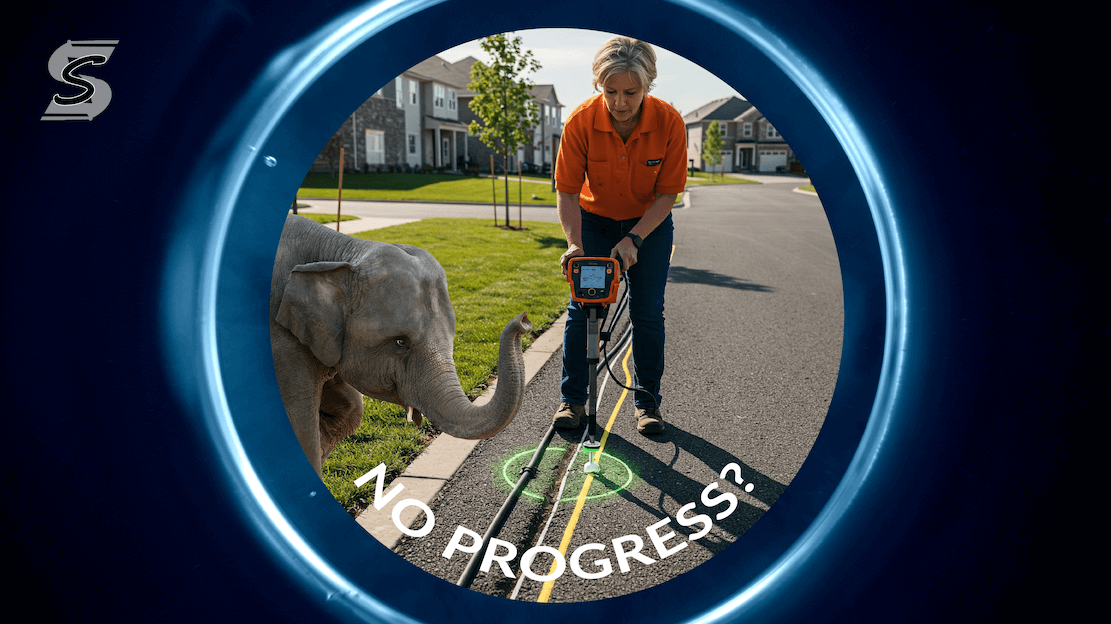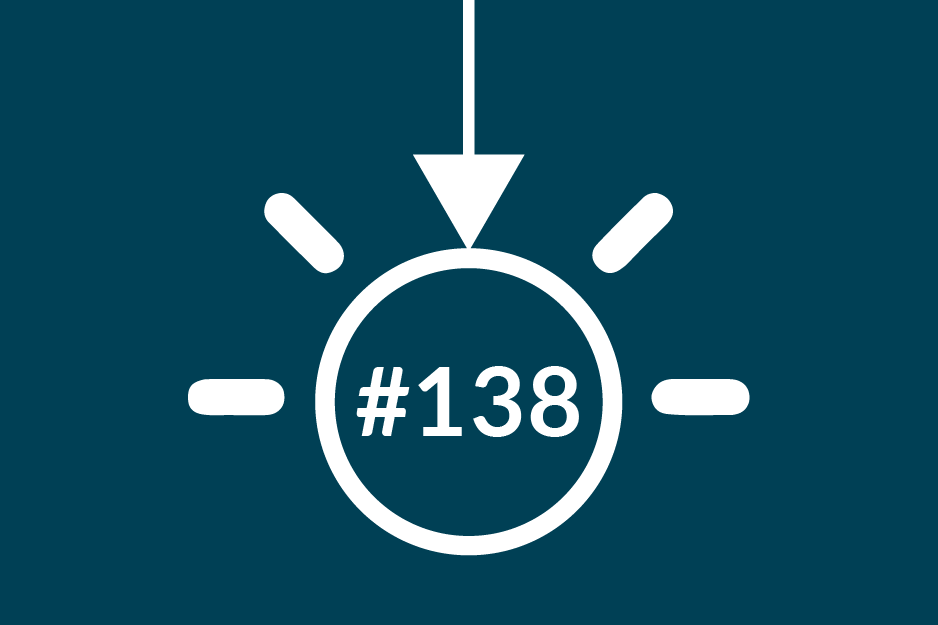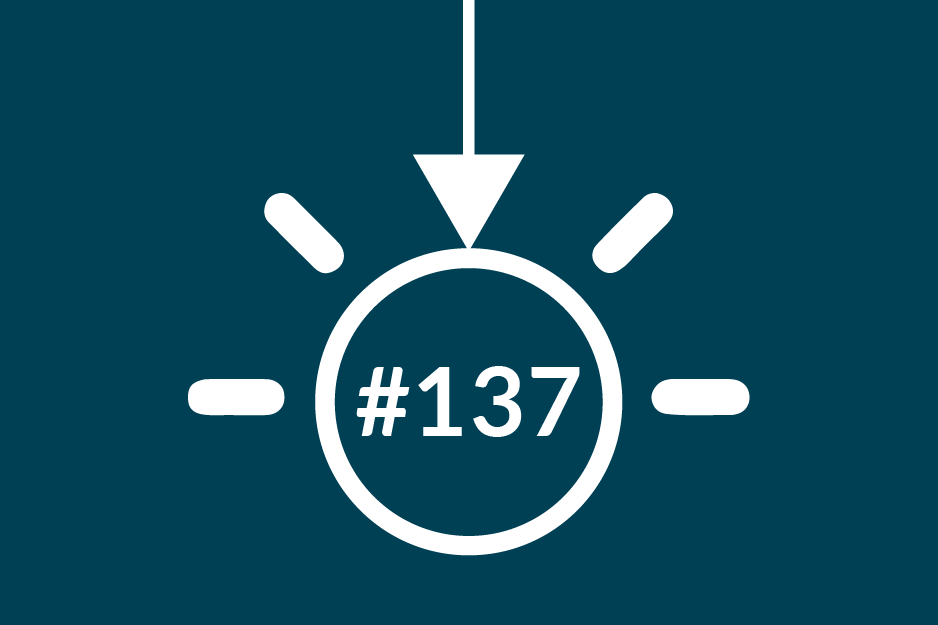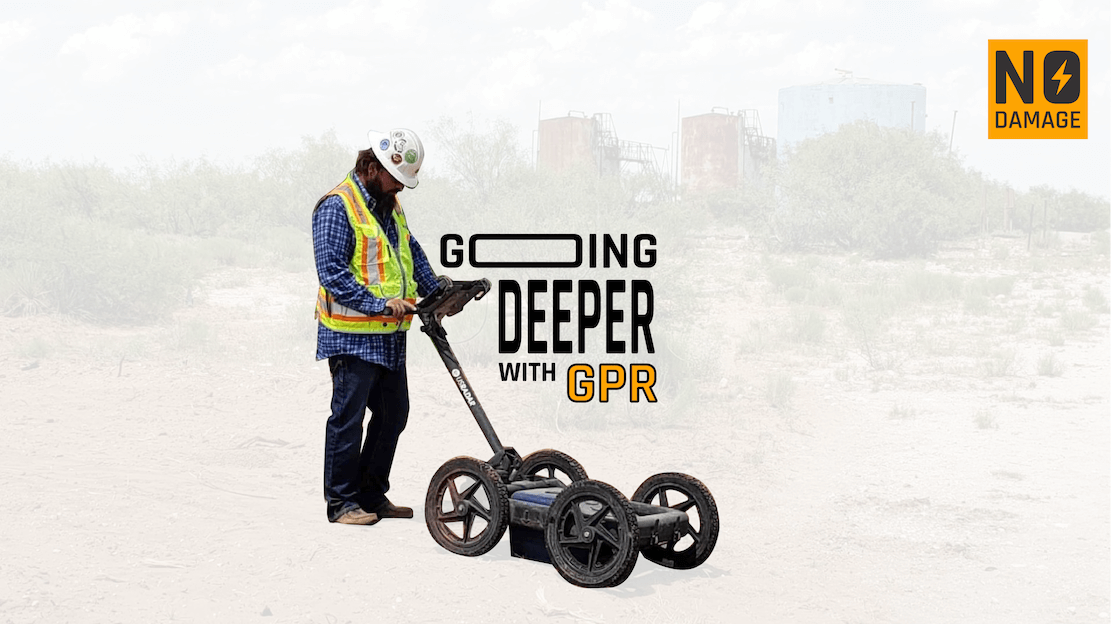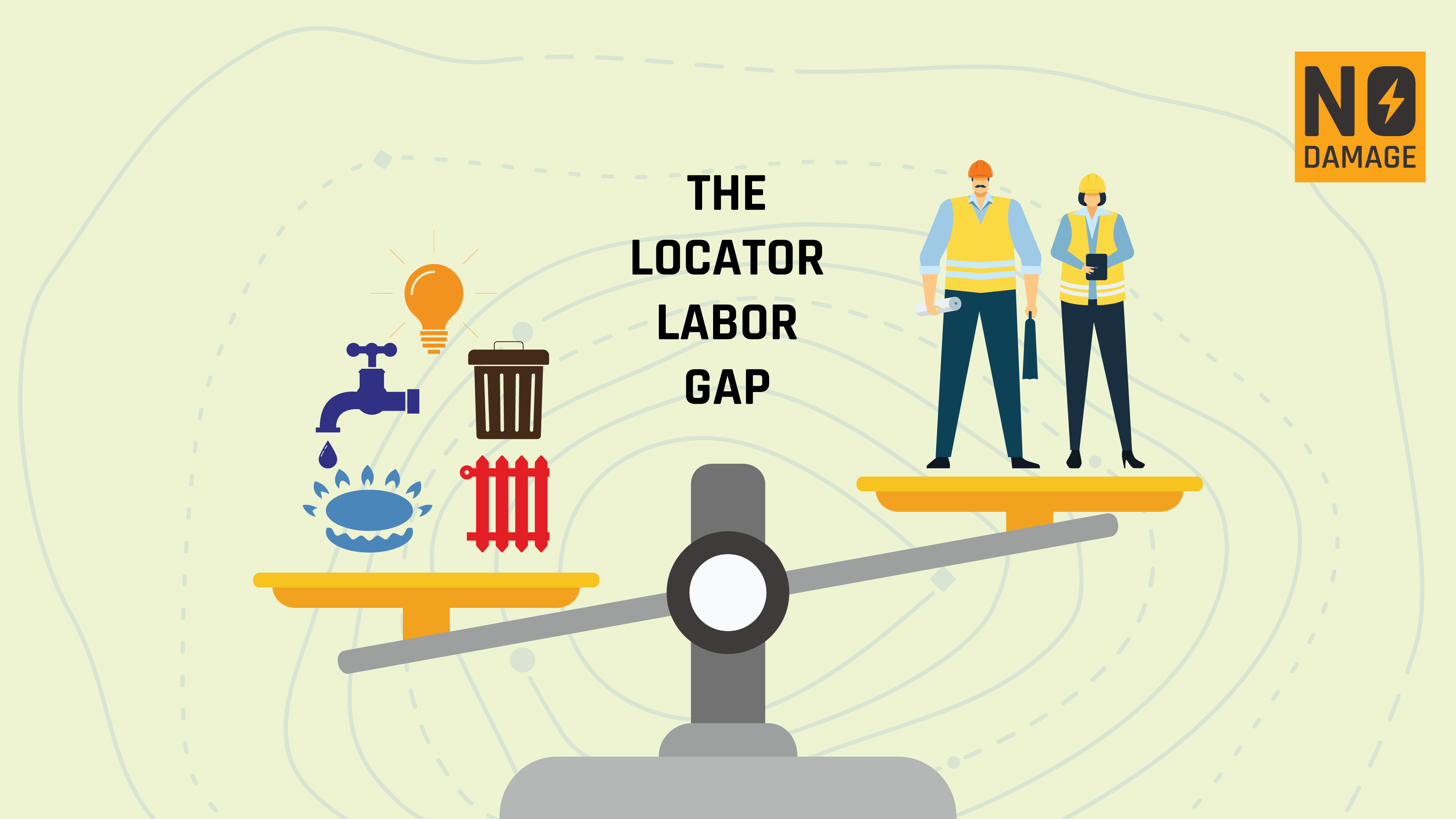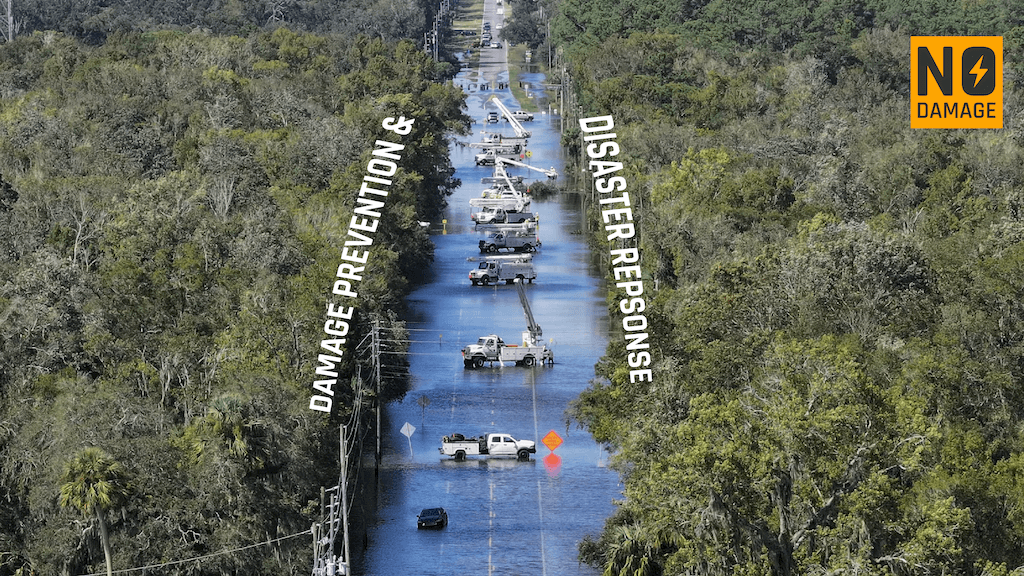
Utility locating is a critical process that connects a wide array of industries and stakeholders, ensuring the safety, efficiency, and accuracy of excavation and construction activities. The interconnected nature of this process means that effective communication and data sharing are paramount. To optimize these operations, stakeholders such as contractors, excavators, and drain CCTV operators must have access to updated data on locates via comprehensive ticket management systems. Encouraging or even mandating the use of a common ticket management system among all subcontractors is also something I would advise to ensure everyone has access to the same information and views it consistently, thereby eliminating miscommunication and reducing potential issues.
KEY STAKEHOLDERS IN UTILITY LOCATING
Contractors and construction firms play a crucial role in executing construction projects that often involve digging and excavation. These projects require accurate information on the location of underground utilities to avoid damaging existing infrastructure. By having access to a unified ticket management system, contractors can prevent costly project delays and ensure safety compliance, leading to more efficient and safer construction practices.
Excavators, who perform digging and trenching operations, also benefit significantly from real-time updates on utility locates. These updates allow excavators to plan their activities efficiently, minimizing the risk of utility strikes and optimizing excavation schedules. Access to current and accurate locate information ensures that excavators can carry out their tasks with greater precision and safety.
Drain CCTV operators are responsible for inspecting and maintaining underground drainage systems using CCTV technology. They need detailed maps and updates on the location of utilities to avoid conflicts during inspections. By having access to updated locate data, these operators can enhance accuracy in identifying and resolving drainage issues without disrupting other utilities, leading to more effective and efficient maintenance operations.
Utility companies manage and maintain critical infrastructure such as water, gas, electric, and telecom networks. They require up-to-date data on excavation activities to protect their assets. Access to a unified ticket management system allows utility companies to coordinate maintenance and emergency responses effectively, ensuring the integrity and reliability of their services.
Municipalities and regulatory bodies oversee public safety and regulatory compliance in construction and excavation activities and also own some of the infrastructure underground. They need comprehensive data on all digging activities to ensure adherence to safety standards and to protect their assets. By having access to updated locate information, these authorities can enforce regulations efficiently and respond proactively to public safety concerns, maintaining the safety and well-being of the community.
COLLABORATION
To facilitate seamless collaboration among these stakeholders, a unified ticket management system should be implemented. This system would serve as a central portal, providing real-time, read-only access to locate information for all relevant parties. Stakeholders can view the status of locate requests and completed locates in real time, enhancing transparency and reducing the likelihood of miscommunication and project delays. A centralized data repository provides a single platform for all locate data, accessible to authorized users, streamlining data management and making it easier to track and retrieve historical locate information.
Improved safety and compliance are additional benefits, as access to comprehensive locate data ensures all parties are aware of existing underground utilities. This enhances safety and ensures compliance with regulatory requirements, reducing the risk of accidents and legal liabilities. Optimized project coordination is achieved through integrated scheduling and notification systems that alert stakeholders of new locates and updates. This improves coordination among contractors, excavators, and utility companies, optimizing project timelines and resource allocation.
Enhanced decision-making is another advantage of a unified ticket management system. Detailed maps and locate data provide valuable insights for planning and execution, enabling better decision-making and reducing the risk of costly errors and rework. Encouraging subcontractors to use the same or compatible software ensures everyone is working with the same information, further streamlining communication and coordination.
Given the critical nature of accurate utility locating and the interconnectedness of the involved industries, it is essential that all relevant stakeholders have access to a centralized ticket management system. By implementing a secure, user-friendly portal with read-only access for contractors, excavators, drain CCTV operators, and other pertinent parties, the utility locating process can be significantly enhanced. This collaborative approach ensures that all stakeholders are informed, operations are coordinated efficiently, and the safety and integrity of underground utilities are maintained.
CONCLUSION
In conclusion, integrating a unified ticket management system is not just a technological upgrade; it is a necessary evolution in how we manage and protect our underground infrastructure. By fostering collaboration and information sharing, we can achieve greater efficiency, safety, and reliability in utility locating and excavation activities.
Share this Post
